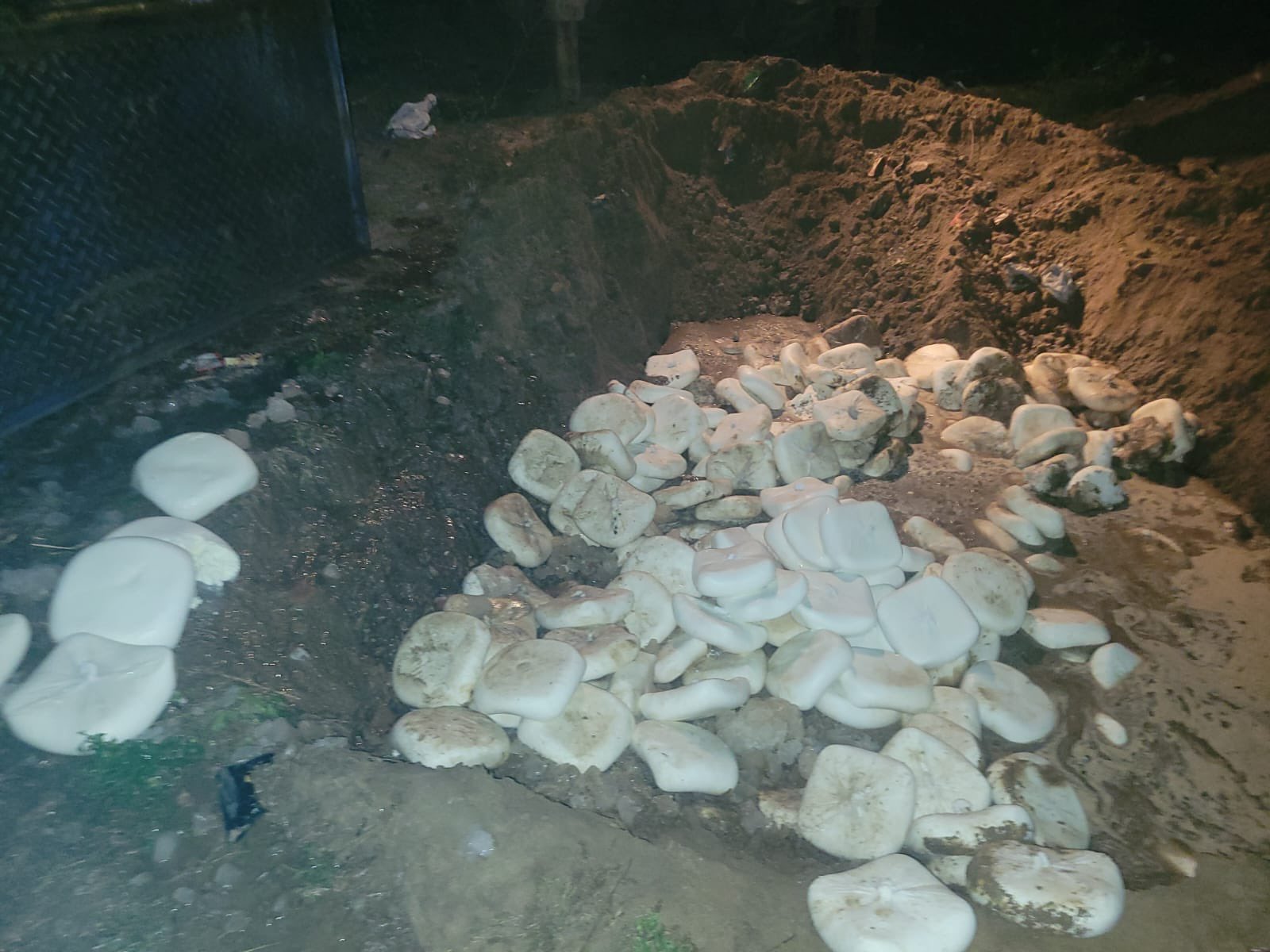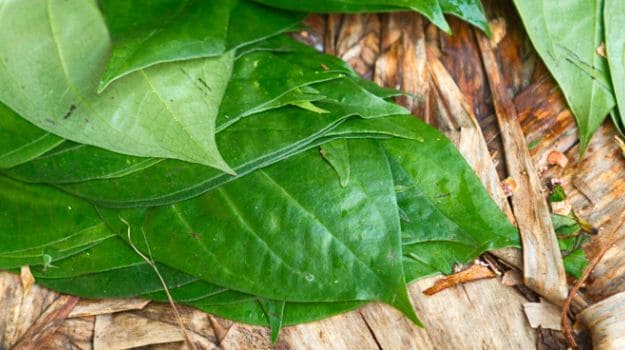Scientists at University of Calcutta and Indian Institute of Chemical Biology have examined nine varieties of betel leaf and identified the ones that can reduce inflammation. Ayurvedic texts have mentioned the medicinal properties and therapeutic effects of betel leaf.
"Usually people generalise paan as one variety and don't know that some varieties could be causing them harm in the long run," Ena Ray Banerjee of the university's Immunology and Regenerative Medicine Research Laboratory noted.
"Among the nine varieties, five showed anti-inflammatory properties, one showed the tendency to cause inflammation and three didn't show significant anti-inflammatory activity," Banerjee said on the sidelines of the "Frontiers in Translational and Regenerative Biology" conference recently.
The findings were presented at the conference and, according to Banerjee, will pave the way for the "possible development of new class of anti-inflammatory drugs".
Inflammation, such as pain, soreness or swellings, are important immune responses and several naturally occurring products as leafy greens have the power to curb inflammation and prevent diseases.
Banerjee said the study also links environmental influence to the anti-inflammatory attributes of paan.
"The soil and nutrient conditions, climate and farming profile impacts the kind of functional role the leaves have," Banerjee said, adding that focused biodiversity conservation policies should be a major thrust area.









